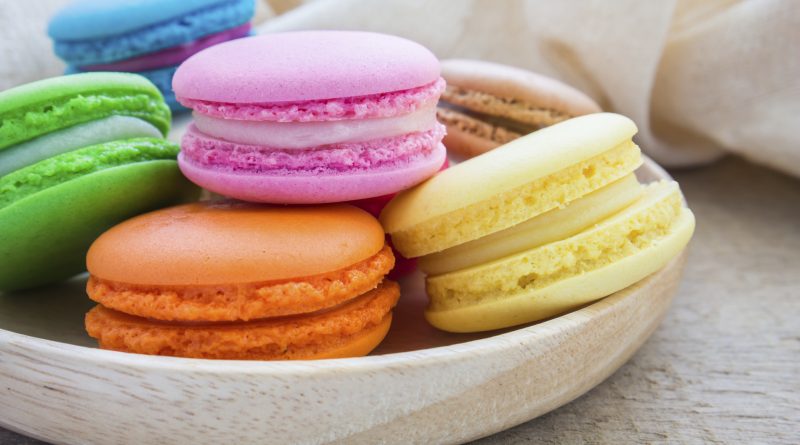Low levels of Serotonin can lead to major depression, anxiety and panic disorders, and insomnia.
This is true, but carb craving is another more common symptom.
Let me give you a quick overview of low Serotonin and why it makes you crave carbs. I also want to show you how to boost your levels naturally without needing serotonin reuptake inhibitors (SSRIs).
Low Serotonin can cause carbohydrate cravings.
Insulin is released by the pancreas when we eat carb-rich meals to eliminate excess glucose from our bodies for storage in the liver, muscles, and fat tissue. The bloodstream levels of branched-chain amino acids (BCAAs) are decreased by insulin. These amino acids compete with tryptophan (a precursor to Serotonin) to get into the brain. The brain favors the BCAA when there are equal amounts of tryptophan and BCAA in the bloodstream, decreasing Serotonin.
Low levels of Serotonin can cause our bodies to crave carbohydrates to increase tryptophan and reduce BCAA. Low Serotonin causes a craving for carbs in the evenings. This is because Serotonin should be at its highest to induce sleepiness. This could be why you feel intense cravings for cookies, bread, or chocolate after an evening meal.
How to naturally increase Serotonin
- Sunlight increases serotonin receptors, so make sure you are outside every day. Serotonin levels can be boosted by early morning sunlight, which is best if it’s within one hour of waking up. You can increase your serotonin levels by walking the dog 20 minutes before you eat breakfast, taking your children to school, or just having breakfast outside. To have any effect, you must do this activity consistently.
- Vitamin B6 is a common deficiency that we see in the clinic. It is estimated that around 80% of people have a B6 deficit. Vitamin B6 deficiency can cause mood swings, anxiety, insomnia, and other inflammatory conditions or infections. This vitamin can be safely taken as a supplement, even at high doses. Blackmores B6240mg tablets can be purchased in Australia at most supermarkets. One tablet can be taken daily with breakfast.
- Zinc deficiency is another common problem affecting almost everyone, children and adults. Zinc deficiency can cause or contribute to poor immunity, mood swings, digestion problems, insomnia, mood changes and white spots on the nails, PMS, pregnancies, anxiety, depression, intolerances and acne. Red meats and seafood are two of the most zinc-rich foods. If your zinc levels are low, it is important to supplement. Your stomach won’t produce enough acid to absorb the zinc from food. Zinc picolinate and zinc citrate are both good options.
- Magnesium: Do I need to say more? Our diets lack magnesium-rich foods like leafy greens, as we all know. It would help to increase your intake of fruits, vegetables, and nuts. You may need to supplement while optimizing your digestion and cleaning your diet. Magnesium citrate and magnesium glutinate are our favorites.
- Your vitamin D levels should be checked: One in two patients who come to our clinic have low levels of vitamin D. Cod liver oil, despite its many wonderful qualities, doesn’t contain enough vitamin D to replenish a deficiency. Usually, supplementation with 2000-5000IUs of vitamin D daily is necessary.
- You need to ensure you get enough protein. Small amounts of high-quality protein from both animal and vegetarian sources are the best way for you to get a broad range of amino acids. To digest protein, you need to have good stomach acid. If you feel bloated or gassy, consult a Naturopath.
- Blueberries are a good choice: According to a recent animal study, blueberries significantly increased Serotonin while maintaining noradrenaline levels under control.
- Regular exercise increases serotonin levels and lowers bloodstream BCAA.
- Hugging is a great way to increase your serotonin levels. Studies have shown this. Getting a pet or regular massage will help if you are not in a meaningful relationship and feel uncomfortable hugging your neighbor.
- If you have tried everything and your symptoms still don’t seem to improve after trying them all for two months, you might consider supplementing with 5-HTP. This is the direct precursor to Serotonin. The brain barrier doesn’t allow 5-HTP to compete with BCAA so that it won’t interfere with BCAA. However, having sufficient co-factors B6, magnesium and zinc will help increase your serotonin levels. If you are currently taking SSRI or SNRI medications, 5-HTP should be avoided.

